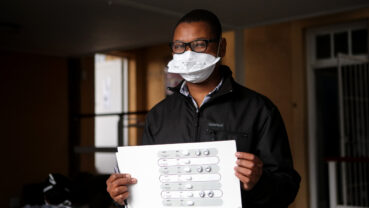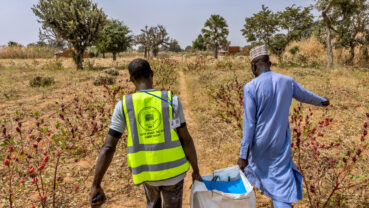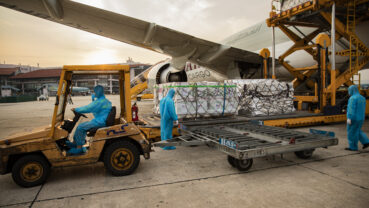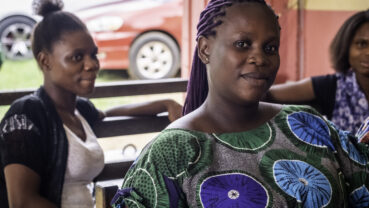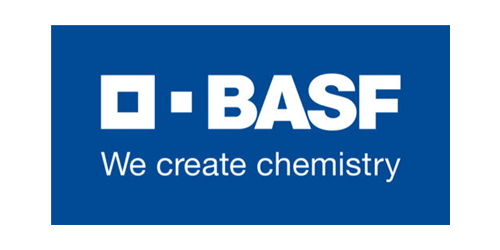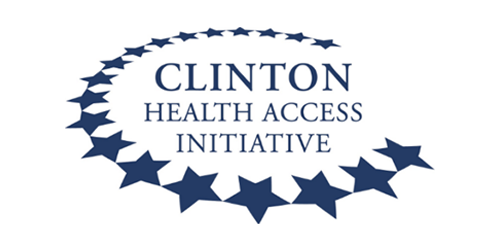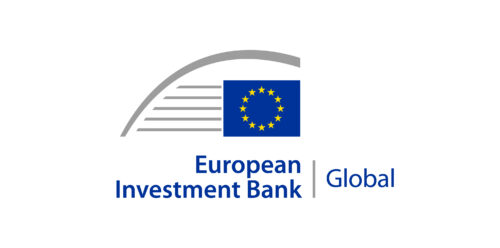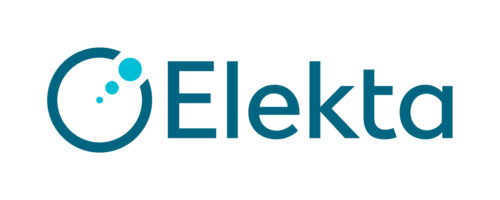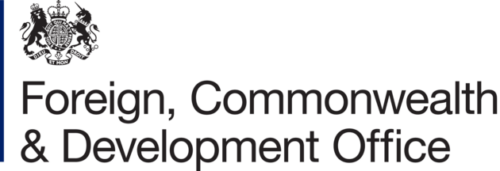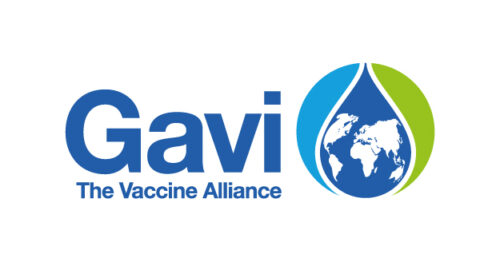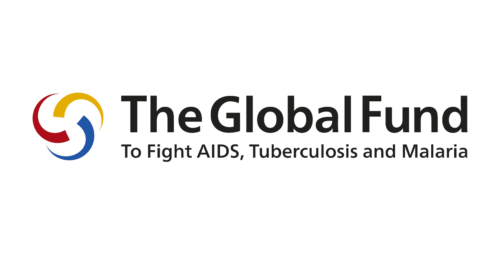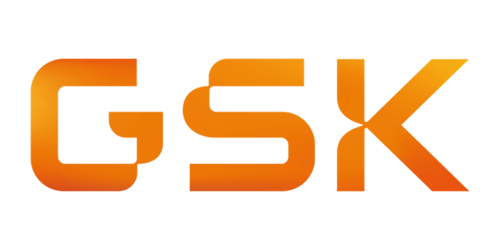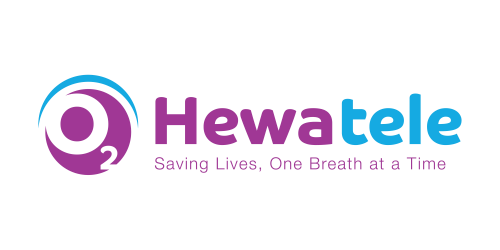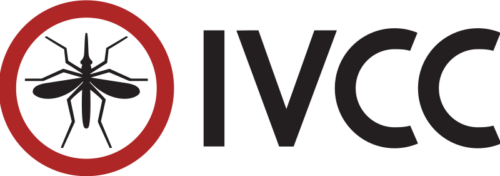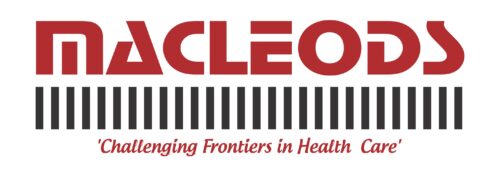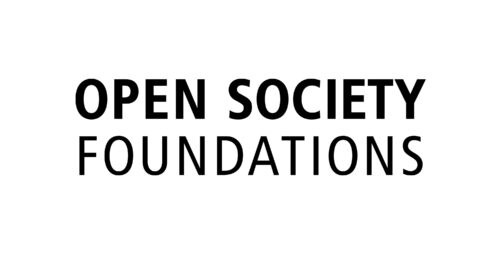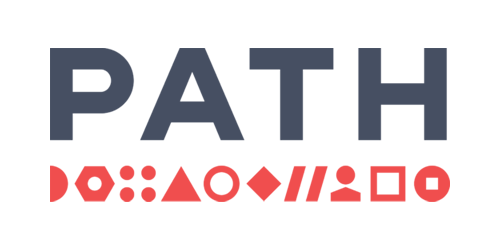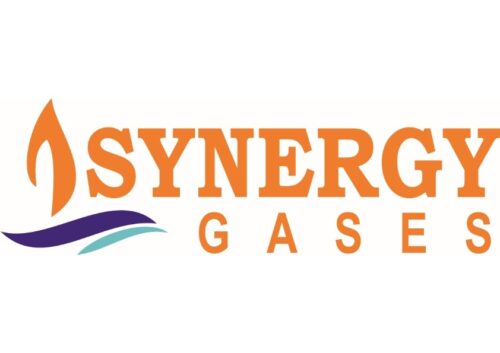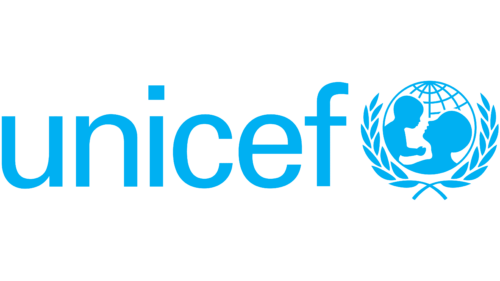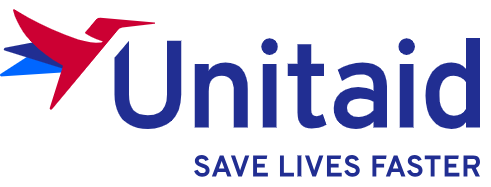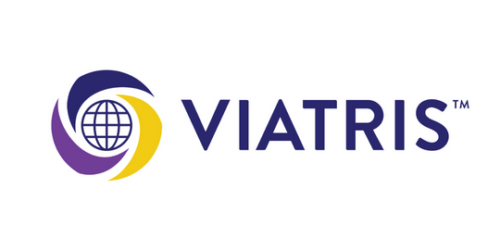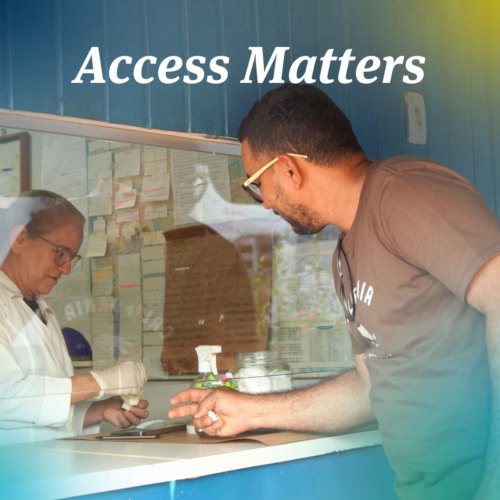Pandemic preparedness and response
The global response to COVID-19 was undermined by lack of access to essential supplies. Fair access is at the heart of being better prepared for the next pandemic. Find out how our work is helping.
The challenge
By the end of 2023, COVID-19 had caused more than seven million deaths worldwide and reversed decades of hard-won gains in global health. It also exposed huge inequalities: as high-income countries raced to buy lifesaving vaccines, treatments and medical supplies, those with fewer resources were left behind.
When the next pandemic hits, the world must be better prepared to respond – and to ensure everyone has equal access to lifesaving products. Because it is not a question of if there will be another pandemic, but when.
Outbreaks of new and re-emergent infectious diseases are becoming more frequent. Deforestation and urbanisation are putting humans in greater contact with wildlife, increasing the risk of spillover of pathogens from animals to people.
New influenza strains, like H1N1 and H5N1 – commonly known as swine flu and bird flu – have already jumped to humans. Existing diseases, including TB, are becoming increasingly drug-resistant, posing a growing threat to global health security.
The COVID-19 pandemic was a catalyst for medical innovation. New vaccines were developed, approved and used in record time. Research into new treatments like monoclonal antibodies was accelerated. But new products often enter the market at higher prices and in short supply – putting them out of the reach of millions of people who need them. And as COVID-19 taught us, in a pandemic, no one is safe until everyone is safe.
By the numbers
7 million
deaths were caused by COVID-19
50 million
people were killed by The Spanish Flu pandemic of 1918
13 pathogens
are listed by WHO that have pandemic potential
Our role
When a pandemic hits, buyers need access to “day-zero” financing – money that is immediately available for lifesaving medical supplies. When COVID-19 first emerged, high-income countries were able to quickly purchase personal protective equipment (PPE) like masks and gloves, and place early orders for vaccines and treatments. Countries with limited health budgets were at the back of the queue.
Working together with global health partners, MedAccess can help address this inequality, so all countries have access to the tools needed to fight a pandemic. Our procurement guarantees can give buyers the flexibility to place larger advance orders for medical supplies they know will be needed – before knowing where exactly the products will be used.
For example, early in the COVID-19 pandemic, we provided a $50 million procurement guarantee that helped UNICEF to reduce country waiting times for COVID-19 supplies and other essential health products (see case study below).
As new products are developed, we can provide guarantees that help procurers meet country demand. We did this with COVAX, a ground-breaking risk-sharing partnership to ensure equitable access to COVID-19 vaccines. MedAccess and our partner Open Society Foundations each provided guarantees of $100 million for a backstop agreement to Gavi, the Vaccine Alliance, that enabled countries to request additional COVID-19 vaccine doses to meet national immunisation targets.
Our ongoing work to strengthen health systems also helps countries respond quickly to new outbreaks. For example, our volume guarantee secured a lower all-inclusive price for Hologic’s Panther® testing platform. This enabled 12 African countries to install the equipment, which is used to test for HIV and hepatitis viral load. During the pandemic, Hologic developed a new assay for diagnostic testing for COVID-19.
Looking ahead, we are discussing with partners how to increase local capacity in manufacturing of vaccines, treatments and diagnostics. Regional production provides opportunities for faster access, increasing self-sufficiency and helping countries to be ready to respond quickly if a pandemic hits.
“While new pandemic threats are certain, there is a choice now to put measures in place to identify them rapidly, respond at speed, and stop them from spreading.”
H.E. Ellen Johnson Sirleaf and Rt Hon. Helen Clark
Former co-chairs of Independent Panel for Pandemic Preparedness and Response
Case study: Increasing access to COVID-19 supplies
During the initial phase of the COVID-19 pandemic, demand outstripped supply for even the most basic medical products, leaving many countries struggling to provide vital equipment to frontline workers. This situation was most acute in countries with less bargaining power, including low income and small island states. Restricted supply, export bans and volatile prices meant that many countries were unable to access COVID-19 supplies. Countries were being quoted prices for some items of up to 20 times what they were pre-pandemic.
UNICEF is the world’s largest procurer of essential products on behalf of low- and middle-income countries, country programmes and development partners, securing sustainable supply at lower prices. UNICEF has played a leading role in helping ensure access to products to tackle COVID-19 on top of its regular work procuring vaccines and other items.
When COVID-19 hit, MedAccess provided a $50 million procurement guarantee to UNICEF to purchase oxygen concentrators, tests and immunisation supplies. This partnership helped countries placing orders via UNICEF to access supplies up to three months faster than they otherwise would have – time that saved lives. By the end of 2022, the agreement had helped procure 2.8 billion syringes for use with COVID-19 and other vaccines, more than 456 million COVID-19 and other childhood vaccines, and more than 9.8 million diagnostic test kits and equipment.
The way forward
A key lesson learned from COVID-19 is that the world needs to be far better prepared for the next pandemic. COVAX showed how well-funded, cross-sector partnerships can respond to pandemics. It also underlined the challenges such partnerships face in highly distorted markets when individual countries inevitably put the needs of their populations first.
MedAccess can support countries and global health partners to quickly respond to a new pandemic and ensure more equitable access to lifesaving health products. Our experience providing finance for global procurers to swiftly procure essential supplies is a proven model that can be used again.
We can also tailor our financial products according to needs, with the flexibility to work across different health areas and with different medical products so we can be part of the solution regardless of the type of outbreak. And our ongoing work to strengthen health systems helps to ensure essential medical care continues during a crisis, and that countries are better prepared to respond to the next pandemic.
Our response to other global health priorities
Alongside pandemic preparedness, see the other global health priorities we are focusing on:

